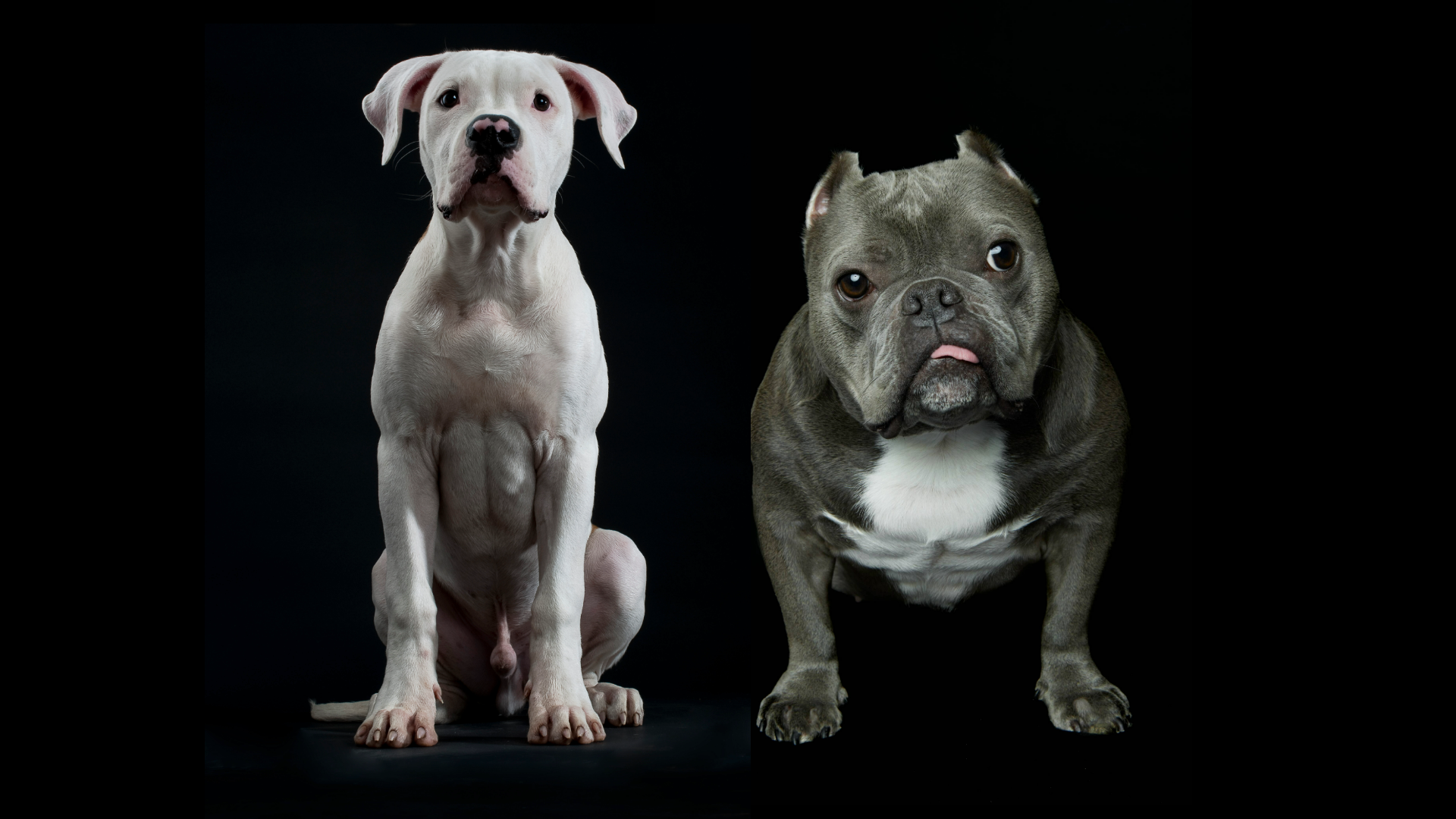What to do if you find a baby bird: A vet’s guide
Found a baby bird? Don’t panic – we’re here to guide you through your next steps
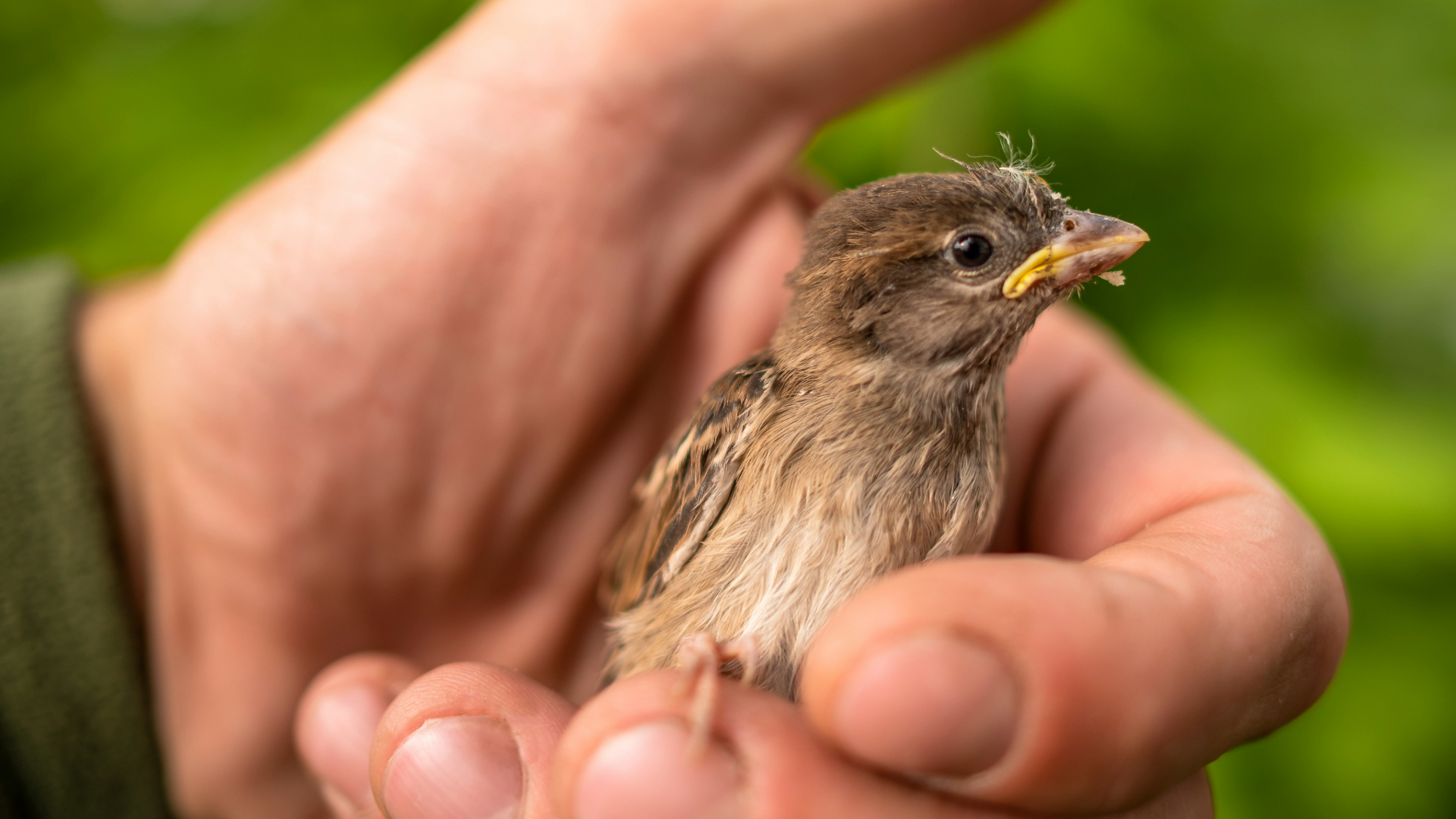
If you find a baby bird in your garden, your first instinct might be to try to help it. However, since they're rarely deserted by their parents, most vets (and the RSPB) will probably advise you to leave it alone.
For exceptional cases – like if your cat has brought one into the house or the parents are nowhere to be seen – there are a few ways you can help, with the best option being to call a professional.
Vet Dr. Rebecca MacMillan says, "I would always recommend that you speak to a professional if you are attempting to hand-rear a baby bird.
“It is notoriously tricky, and many birds don’t survive long-term. A wildlife rehabilitator or vet will be able to give you the best advice, depending on the type of bird you have and its age."
If you can't get ahold of an expert, Dr. MacMillan has shared the best (and worst) things to feed a baby bird and what to do next below:
What to feed a baby bird
Baby birds should be fed moist food that's easy to swallow and replicates the regurgitated feeds they would have received from their parents.
For young nestlings, Dr. MacMillan recommends syringe-feeding them a mushy mixture of wet cat or dog food, hard-boiled eggs, and crushed mealworms.
However, if the bird is a herbivore, it will need an alternative. You'll need to provide small feeds every 20 minutes during daylight hours in the early stages.
For older, feathered fledglings, you can offer bird seeds or mealworms to see if they can feed themselves. If they need a bit of encouragement, use a pair of tweezers with the soft mealworms to make things easier for them.
Dr. MacMillan adds: "Fledglings that are feeding by themselves can also have a shallow dish of water, but you must never put this in with a helpless nestling who could drown."
If you're caring for an older bird, the best bird food is a good option.
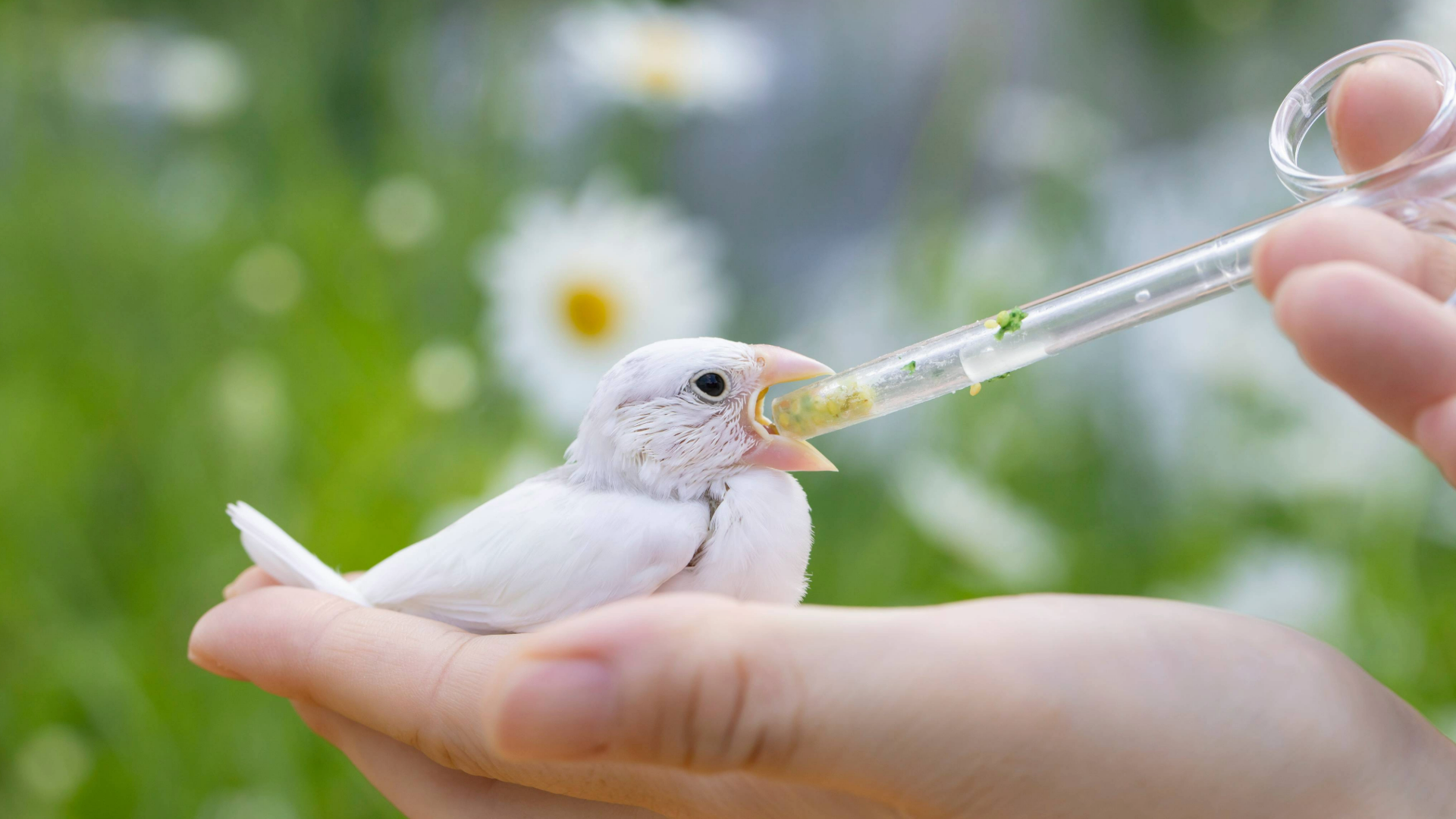
What not to feed a baby bird
This might come as a surprise, but you should never feed your baby bird any scraps or leftovers – yep, even bread! You'll also want to avoid baked goods and other human snacks, as they do not provide the essential nutrients it needs.
Dr. MacMillan adds: "Birds are not mammals, so don’t require milk either. In fact, milk could cause them digestive upset, which is not ideal if they are already struggling.
“Too much salt and sugar could cause serious health issues. Bread products can also swell in the stomach, causing further problems for your baby bird."
For more advice, read our vet's guide on what not to feed wild birds.
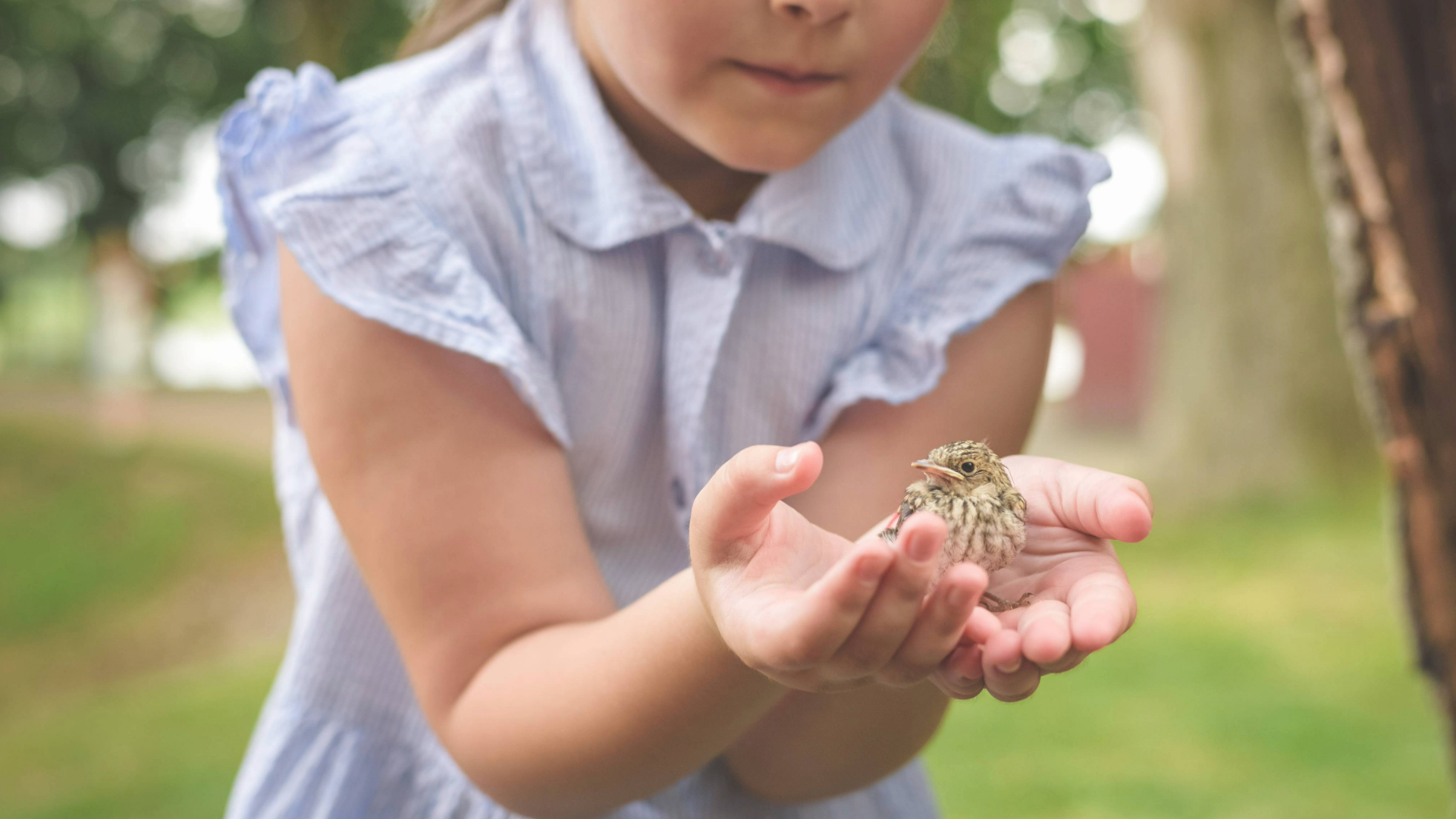
What to do with a baby bird
If you find a baby bird and aren’t sure what to do, follow these steps recommended by vet Dr. Joanna Woodnutt.
1. Move it to a safe place
First, you'll need to move the baby bird to a safe location. Gently pick it up and place it in a box – you can use a tea towel if you don't want to touch it. Put the lid on (ensuring it has enough air to breathe inside) and keep it in the dark until you decide what to do next. Check if the bird is injured or if there is any blood.
2. Identify the bird
Next, determine whether the bird is a nestling or a fledgling.
A fledgling has most of its feathers and is just learning how to fly. In this case, you can leave the bird where you found it (as long as it's safe) or place the box open and on its side in a bush or on a branch.
If you've found a nestling, it won’t have any feathers and has likely fallen out of the nest – there might even be more than one! Look for the nest, and if you find it, place the bird back inside. If the nest is on the ground, try securing it back in the tree, wiring it into a bush, or propping it up somewhere high.
3. Consider hand-rearing if there are no other options
If there is no way to return the baby bird to its nest or parents (you'll need to watch continuously for two or more hours), consider hand-rearing it. Even better, call a professional who has the proper resources to help.
If you found this helpful, read should you help a baby bird? and how to stop cats killing birds
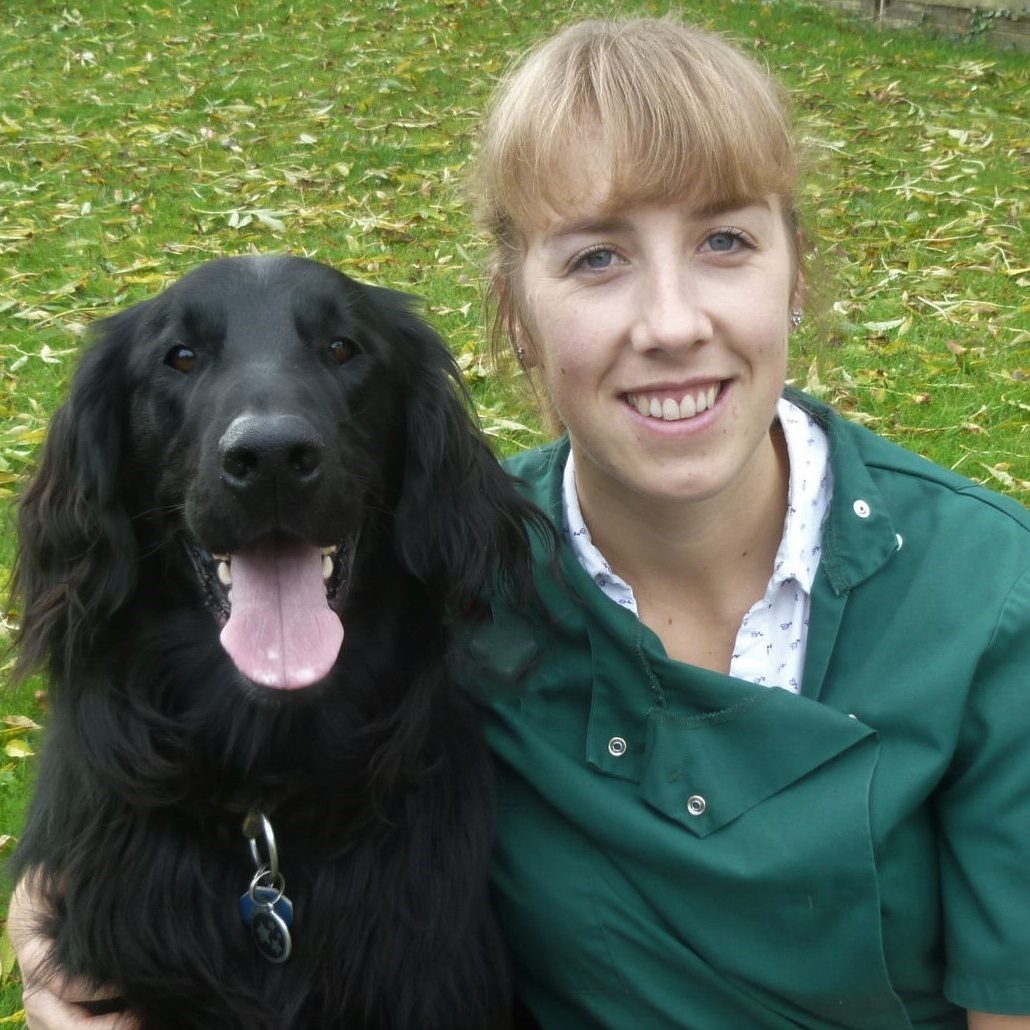
Rebecca is a veterinary surgeon who graduated in 2009 from the Royal Veterinary College in London. She has a wealth of experience in first opinion small animal practice, having done a mixture of day-to-day routine work, on-call emergency duties and managerial roles over the years. Rebecca enjoys medicine in particular and she is proud to have recently achieved a BSAVA postgraduate certificate in small animal medicine (with commendation).

After graduating as a vet from the University of Nottingham, Dr Joanna Woodnutt went on to practice companion animal medicine in the Midlands. She quickly developed a love of consulting and helping clients with medical problems such as dermatology, behaviour and nutrition - anything that involved helping clients understand their pets better.
Edited by Georgia Guerin and Alexis de Leaver.
This page was last updated in April 2025 by Megan Milstead.
PetsRadar Newsletter
Get the best advice, tips and top tech for your beloved Pets
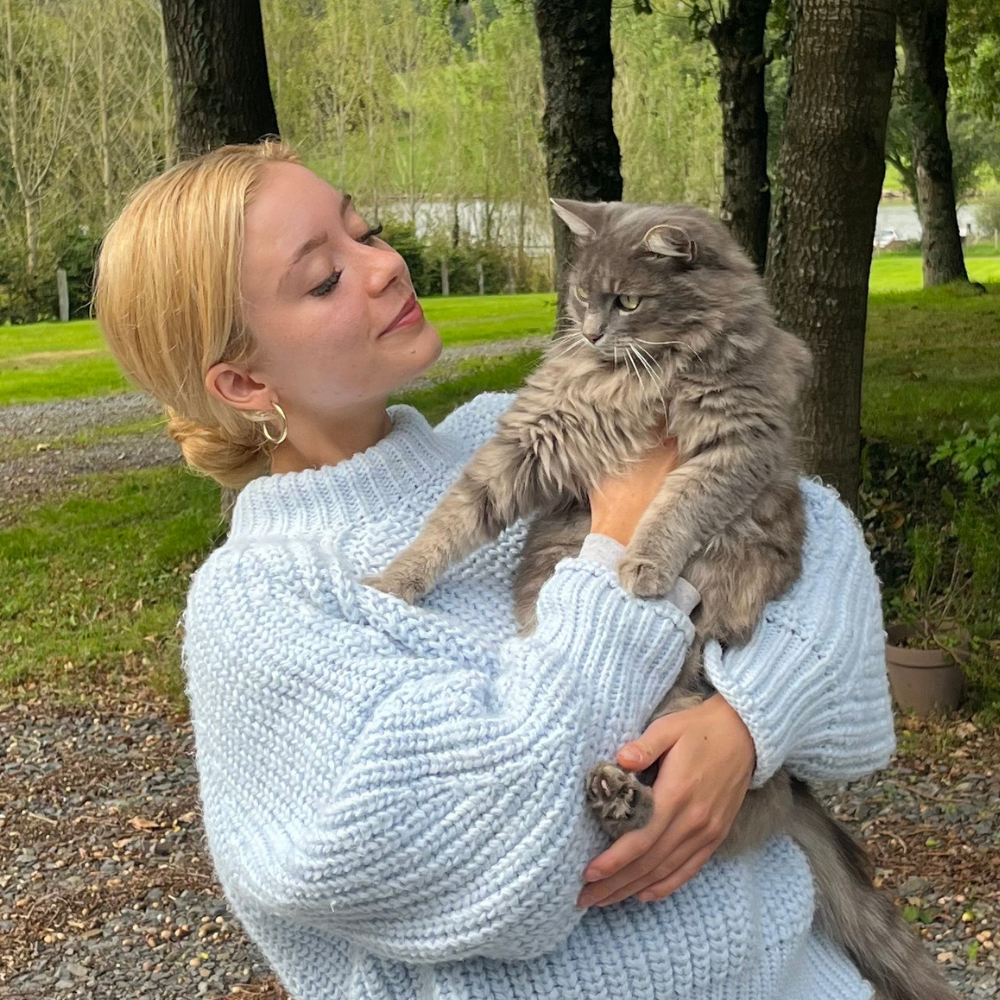
Megan is a Staff Writer at PetsRadar, covering features, reviews, deals, and buying guides. She has a wealth of experience caring for animals, having grown up with dogs, cats, horses, guinea pigs, and more throughout her life. She studied BA Journalism at the University of Westminster, where she specialized in lifestyle journalism and was editor of Smoke Radio’s lifestyle website. Megan works alongside qualified vets and accredited trainers to ensure you get the best advice possible. She is passionate about finding accurate and helpful answers to your pet-related questions.
